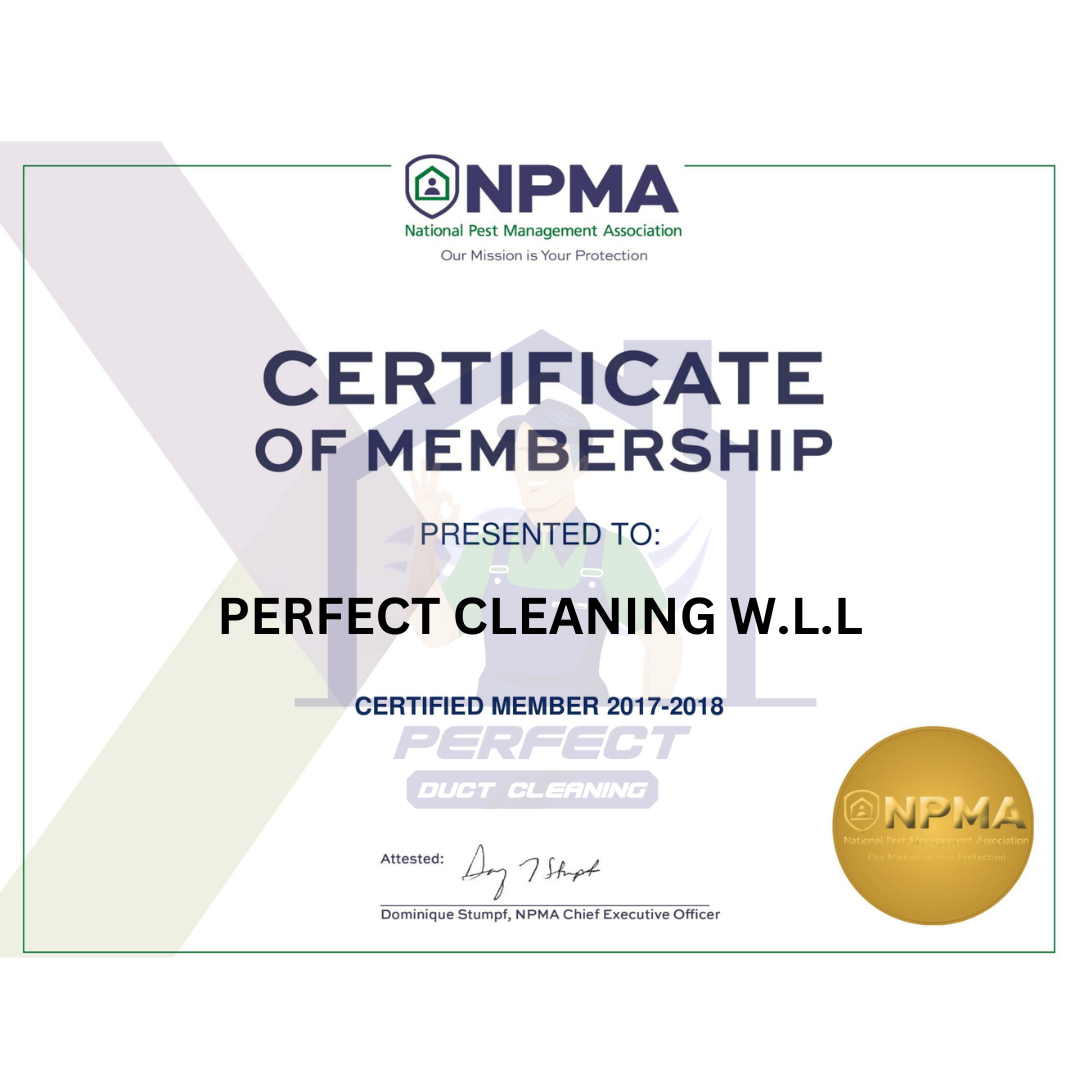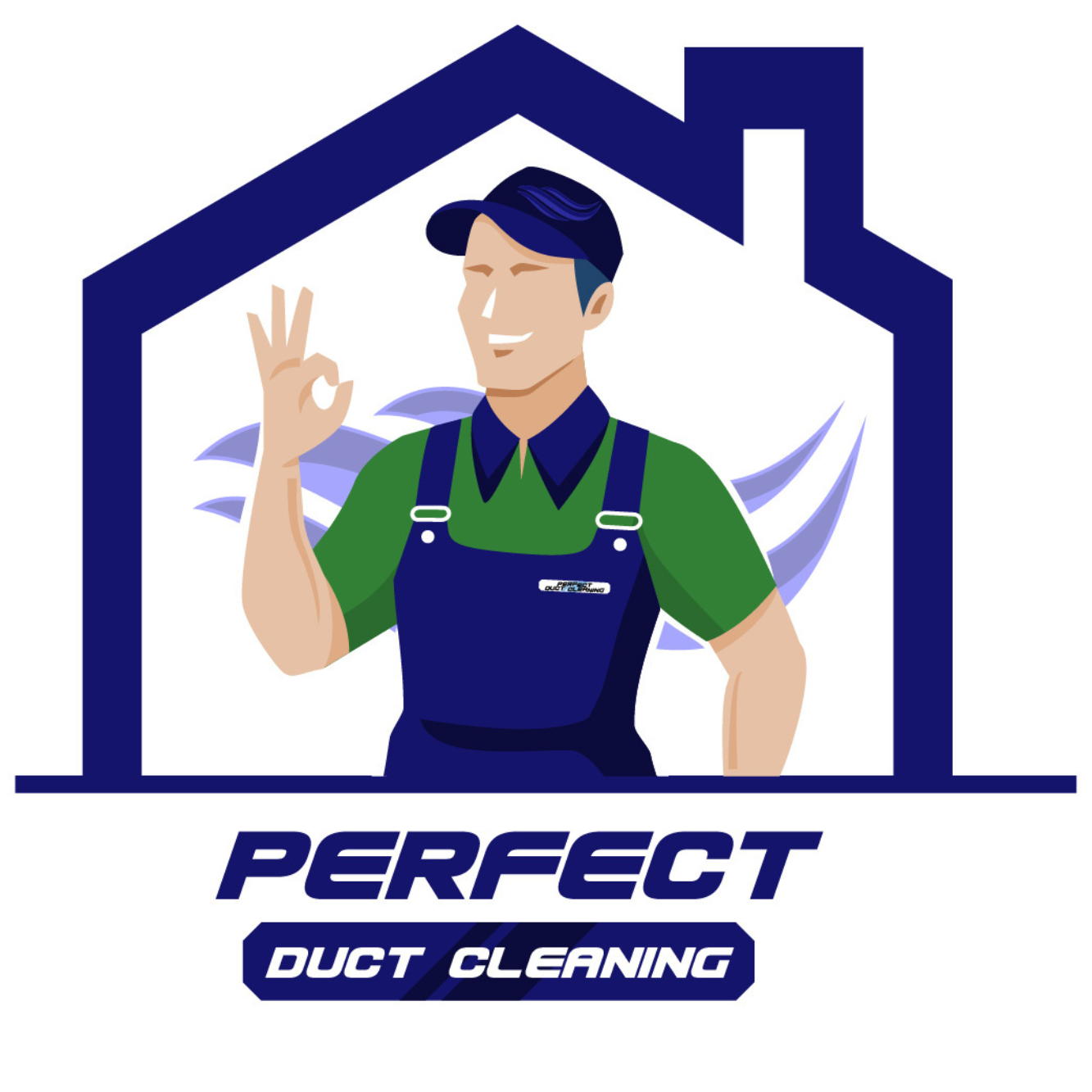Pest control is the management of unwanted organisms, such as insects and rodents, to protect human health, property, and the environment. It involves various methods to prevent, manage, or eradicate pests, including chemical treatments, biological controls, and habitat modification. The goal is to mitigate health risks, prevent property damage, preserve the environment, and ensure food safety.
In most places, crawl spaces are neglected and don’t receive the proper maintenance. They are usually thought of as a space in-home or buildings where old goods are tucked away. Because of this, crawl space can become a feeding ground for distressing activities including mold, bugs, standing water, damaged vents and moisture.

Our Services Include:
- 🕷️ Termite Inspections and Treatments
- 🦟 Mosquito Control
- 🐀 Rodent Exclusion and Control
- 🐜 Ant and Roach Treatments
- 🕷️ Spider Control
- 🦗 Flea and Tick Treatments
- 🦠 Bed Bug Treatments
How often should I schedule pest control services?
The frequency of pest control services depends on several factors, including the type of pest, the severity of the infestation, and your property's location and environment. For preventative maintenance, we recommend scheduling regular pest control treatments on a quarterly or bi-annual basis.
Are your pest control treatments safe for my family and pets?
Yes, the safety of our clients, their families, and pets is our top priority. We use safe and environmentally friendly pest control products and methods that are approved by regulatory authorities and pose minimal risk to humans and animals.
Our technicians are trained to apply treatments responsibly and take precautions to minimize exposure to pesticides. Additionally, we offer alternative solutions and recommendations for clients with specific health or environmental concerns.
Poor crawl space ventilation compounds the problem by creating a mix of warm and cool air causing surface condensation, further increasing the amount of crawl space moisture under the home. This repeated wetting of building materials day after day provides the perfect environment for mold growth, termites and structural damage under your home.
Complete solution for residential pest Include:
- Conduct a thorough assessment of the property to identify existing pest issues.
- Develop a tailored pest control strategy based on the findings of the inspection.
- Apply targeted treatments inside the home to eliminate pests, including insecticides.
- Interior or exterior waterproofing.
- Implement a schedule for routine inspections and maintenance to monitor pest activity.
- Provide ongoing support and follow-up treatments as needed to ensure long-term pest control.

Do i need dehumidifiers after complete pest control service??
Whether or not you need dehumidifiers after a complete pest control service depends on the specific circumstances of your home and the type of pests that were treated. Here are some factors to consider:.
- Some pests, such as certain species of insects and mold, thrive in humid environments. If the pest control service targeted pests that are attracted to moisture, such as cockroaches or mold.
- If your home has ongoing moisture issues, such as leaks, poor ventilation, or high humidity levels, using a dehumidifier can be beneficial for controlling moisture levels and reducing the risk of pests and mold growth.
- Your pest control provider may recommend specific measures to address moisture issues as part of their treatment plan. This could include repairing leaks, improving ventilation, or using dehumidifiers to create a less hospitable environment for pests.
Even if pests are not a concern, maintaining optimal humidity levels in your home can improve indoor air quality, reduce musty odors, and create a more comfortable living environment for you and your family.
How do you determine the best pest control treatment for my property?
Before recommending a pest control treatment, our technicians conduct a thorough inspection of your property to assess the extent of the infestation, identify the type of pests present, and evaluate any contributing factors. Based on our findings, we develop a customized treatment plan that targets the specific pests and addresses any underlying issues that may be attracting them to your property.
